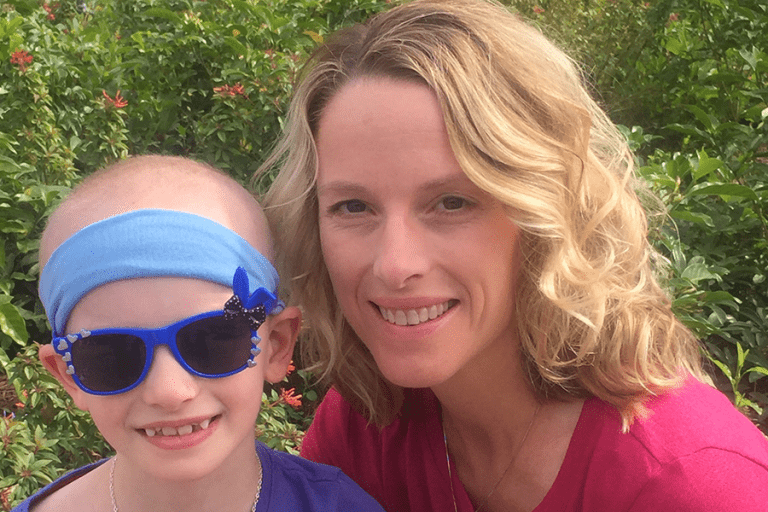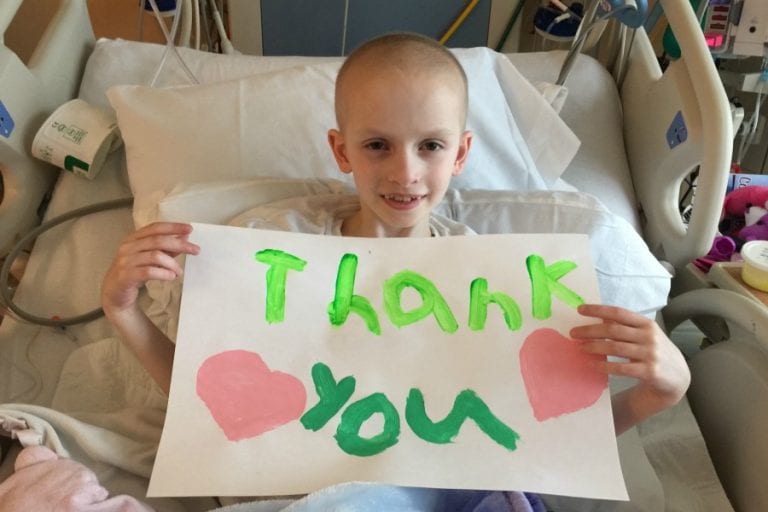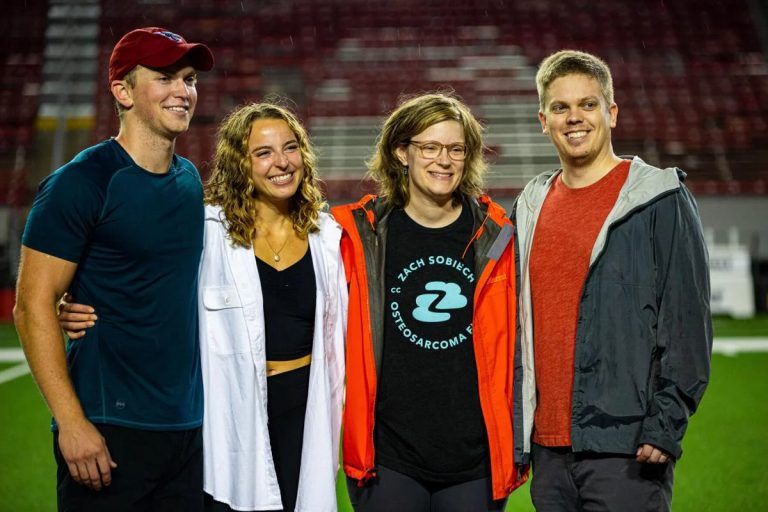Today, racial and ethnic minority children and adolescents with cancer have a higher risk of death than non-Hispanic white children and adolescents. In the past few decades, researchers have made incredible progress in the world of childhood cancer research and care – but those advancements haven’t reached every child with a diagnosis.
Through a new partnership with the Diversity and Health Disparities Committee of the Children’s Oncology Group (COG), Children’s Cancer Research Fund will award young investigators the funds to pursue research in childhood cancer disparities, to better understand why children of color experiencing cancer have worse outcomes than white children.
Lena Winestone, MD, MSHP, Vice Chair of the Diversity and Health Disparities Committee of COG says now is a key time to focus on the issue of disparities in childhood cancer research.
“It was hard to justify dedicating time and money to disparities in cure rates when no one was being cured,” she said. “We’ve made incredible progress in improving treatments and achieving cures, but anytime we’re taking these novel and innovative approaches to treatment, if kids and families don’t have equal access to them, we can actually see disparities widen.”
The Diversity and Health Disparities Committee of COG highlights the ways the CCRF Disparities Award aims to impact disparities:
- Support researchers from minority communities who are conducting disparities research. If the people asking the questions and leading the research have personal insight into the issue of disparities, the quality of that research improves.
- Improve patient care because when patients have someone of the same race or ethnic background caring for them, quality of care and subsequent outcomes improve. This has had proven benefits in the areas of palliative care and maternal fetal medicine.
- Discover how we can close the gap in access to treatment. “In cancer, it’s always better to seek treatment earlier, and catching cancer early can have a great impact on survival rates,” Maria C. Velez, MD, Chair of the Diversity and Health Disparities Committee of COG and Medical Director of the Hemophilia Treatment Center at LSUHSC/Children's Hospital in New Orleans, said. “For some families it’s a financial burden to seek treatment as quickly as they can. COG has over 200 hospitals in the U.S. that treat childhood cancer, but that’s not always close to every child – we need to study how we can make the best treatment available to every child with a diagnosis of cancer right away.”
In July 2022, COG selected the first two recipients of this grant, Dr. Jenny Ruiz of Children’s Hospital of Philadelphia and Dr. Ekene Onwuka of Texas Children’s Hospital.
Making childhood cancer disparities research possible
This work would not be possible without the dedicated support of donors like John and Judy Mendesh, who are helping fund this award.
John and Judy have been passionate about funding cancer research for years – their nephew survived leukemia as a teenager. John has also championed programs that aim to address racial and socioeconomic disparities in other areas of his work, so when he heard about the opportunity to fund disparities research through CCRF, he was eager to take part.
“I was intrigued as to why there was differential access to childhood cancer protocols and tools and saddened to know that some children have a better shot than others because of it. It shouldn’t be this way. It’s just wrong,” John said. “It’s a head and a heart thing for me.”
John says he’s particularly interested in focusing on making the pipeline of minority physicians and researchers more robust. Currently, this pipeline is “leaky,” meaning many ambitious, qualified candidates for positions drop out of the field entirely due to lack of support throughout their schooling and careers. John hopes his family’s support can help uncover what these promising candidates need to stay in the field, so their talents can benefit children of color who are diagnosed with cancer.
“There aren’t enough people of color doing the science or the care,” John said. “People don’t think to design things for people who aren’t like them, and that’s wrong. We can’t have that in cancer research and medicine. Kids of color facing cancer deserve doctors and researchers who keep their needs in mind.”
John and Judy believe this grant will be an important first step in bolstering this consistently underfunded area of research. The hope is to enable the following:
- Increase the number of doctors and researchers of color focused on childhood cancer research and care
- Close the survival rate gap between different racial and ethnic groups
- Explore any physiological differences that may impact how treatments work for different populations
“We can’t solve this overnight, but unless the systemic issues get addressed, the problem won’t go away,” John said. “We have to be persistent.”
Support Groundbreaking Research
Your support propels bold ideas forward and empowers researchers to discover treatments that are better and safer for kids, and ensure every child can have a long, healthy life after cancer.




